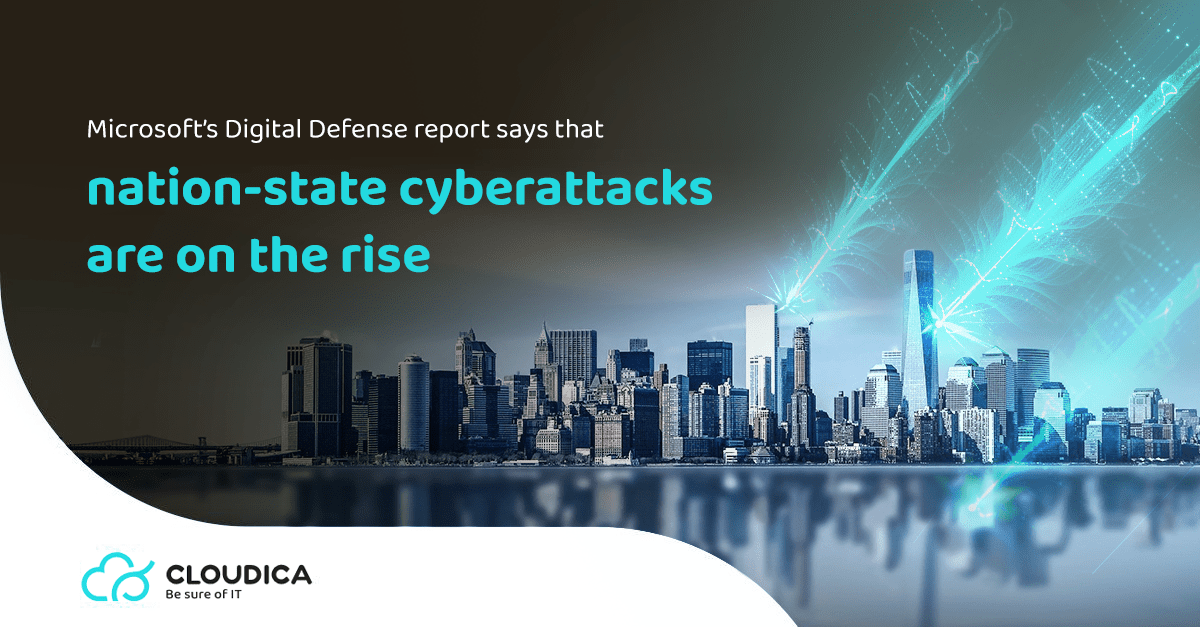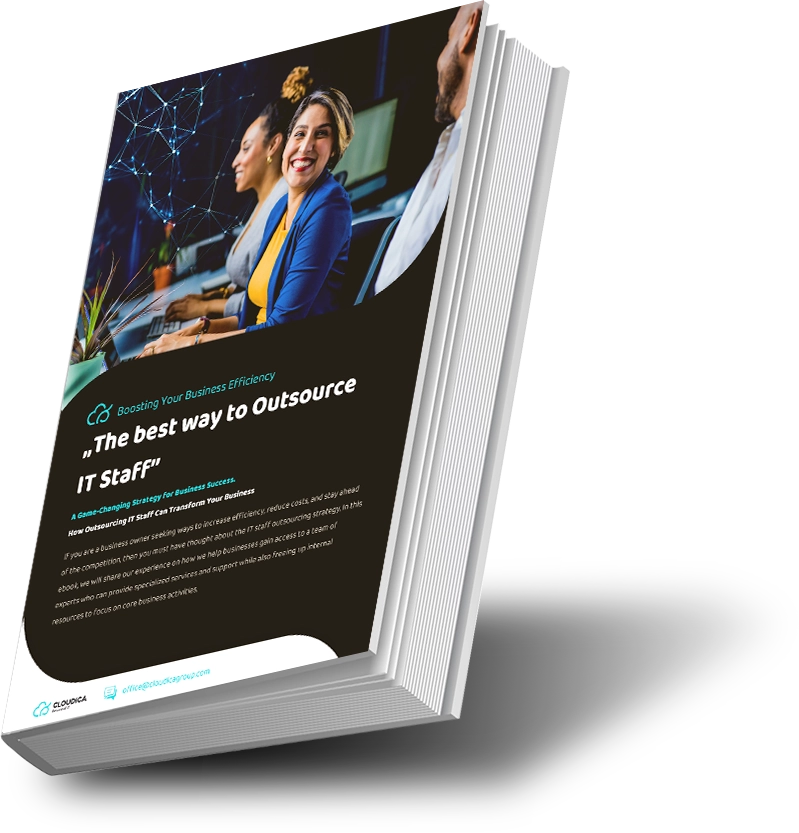Microsoft has issued its annual Digital Defense Report, which detailed the cyber threat landscape and digital defense tactics implemented and discovered by the company between July 2021 and June 2022.
According to the research, nation-state cyberattacks on key infrastructure have surged by 20 to 40% in the last year. The Seattle-based company blames the increase on Russia’s attacks on Ukraine and its supporters.
“Russia accelerated its attempts to compromise IT firms as a way to disrupt or gain intelligence from those firms’ government agency customers in NATO member countries,” said Tom Burt, Microsoft’s corporate vice president of customer security and trust, in a blog post.
He added that around “90% of the country’s attacks we detected over the past year targeted NATO member states and 48% of these attacks targeted IT firms based in NATO countries.”

Throughout the 12-month period, new phishing tactics have emerged, and Microsoft researchers have seen an uptick in emails imitating reputable organizations asking for cryptocurrency payments in Bitcoin and Ethereum, claiming to help Ukrainian residents.
“While it’s tempting to focus on nation-state attacks as the most interesting cyber activity from the past year,” Mr Burt wrote, “it would be a mistake to overlook other threats, particularly cybercrime, which impacts more users in the digital ecosystem than nation-state activity.”
Ransomware also on the rise
Microsoft also discovered that the number of estimated-password assaults per second surged by 74% globally, fueling ransomware attacks. At the same time, the overall number of ransomware instances in North America and Europe has decreased since the results in 2021.
Microsoft’s new ‘influence operations’ portion of the study also examined the employment of propaganda both locally and globally over the previous year, as well as how this relates to future hacks.
Microsoft’s Burt believes that strong cyber hygiene practices like multi-factor authentication, updating security updates, being deliberate about who has privileged access to systems, and adopting current security solutions will help organizations stay safe from intrusions in the future.
He also believes that governments, the private sector, and organizations must include security in their culture.
If you would like to learn how to protect your business from the rise of such attacks, get in touch. Cloudica assesses your system and propose cost-effective and efficient solutions for your specific business model.


